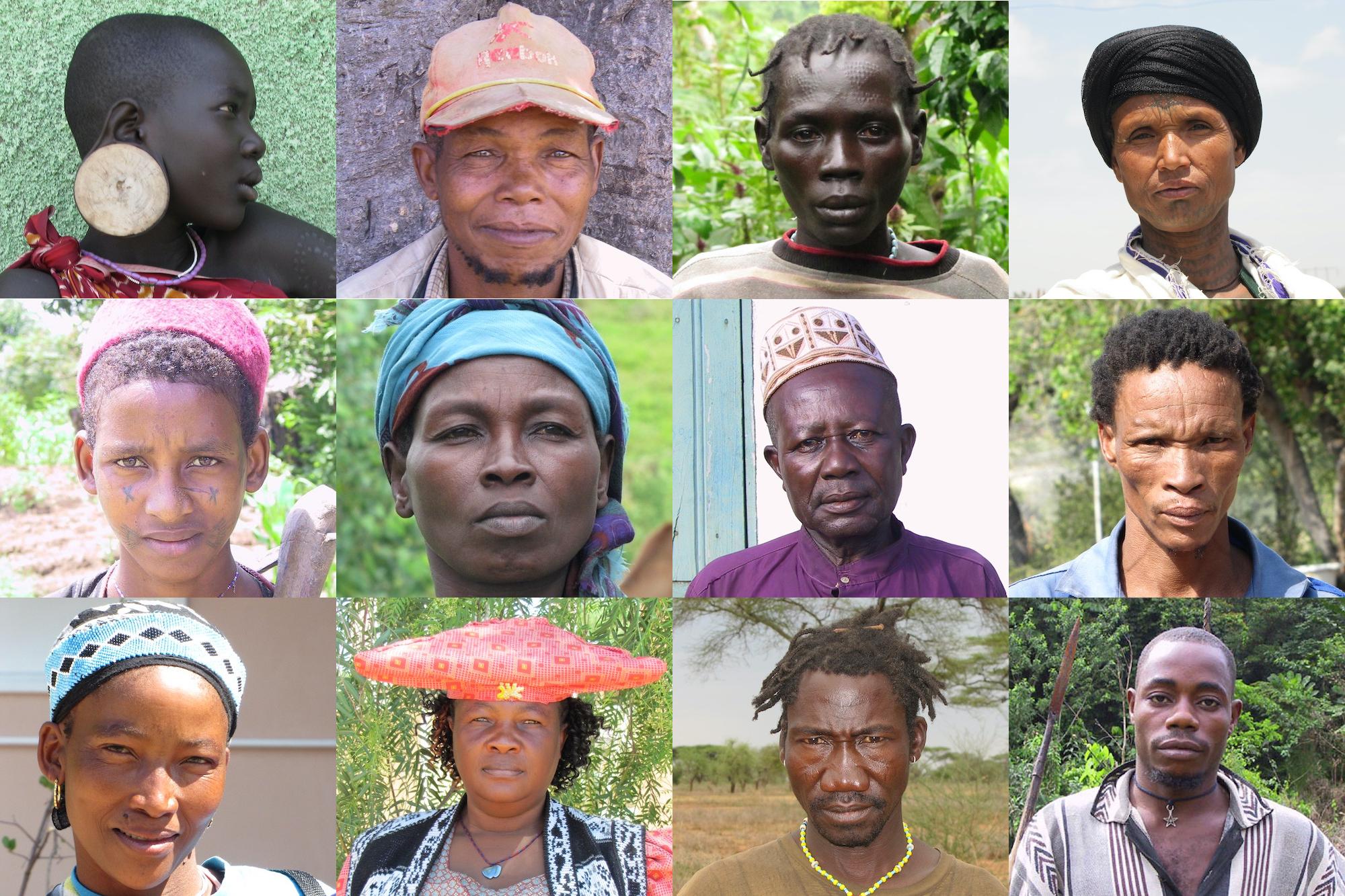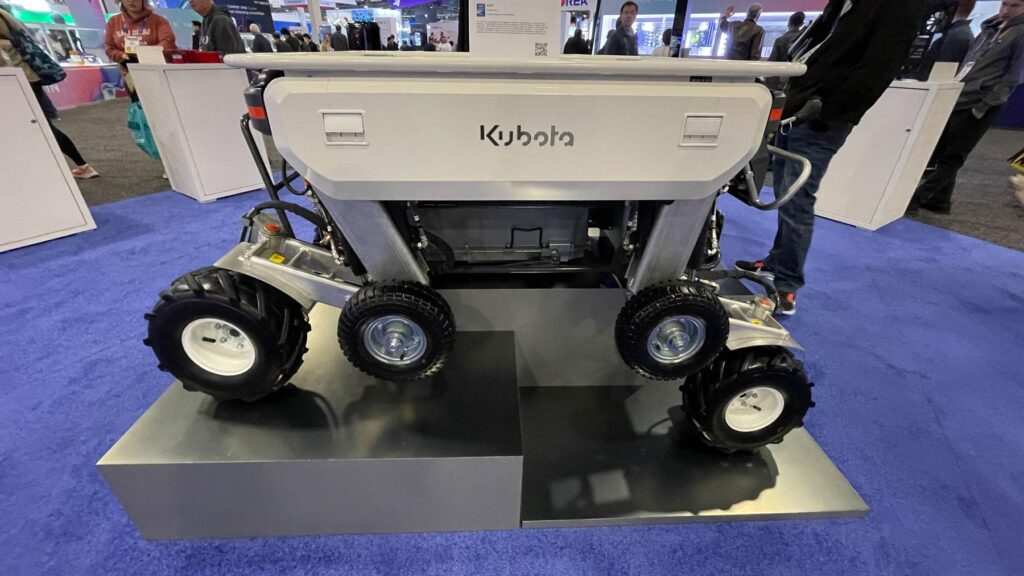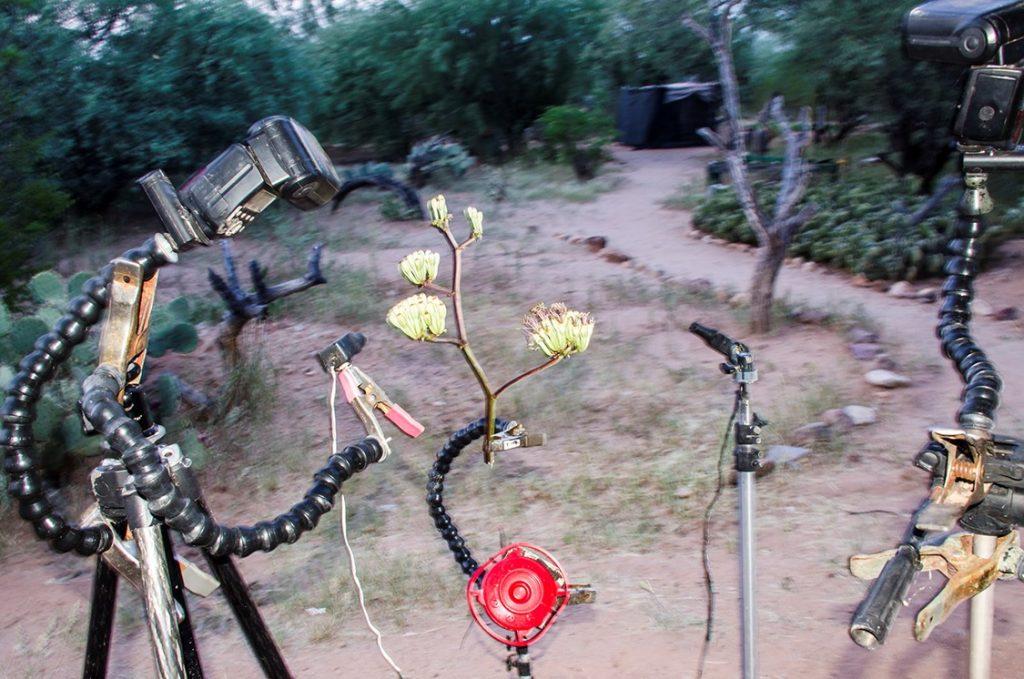African agriculture is undergoing a notable transformation through the integration of blockchain technology in farm equipment management. This emerging system allows farmers across the continent to track, trade, adn optimize their agricultural machinery using distributed ledger technology. From Ghana to Tanzania, digital platforms are enabling equipment sharing, maintenance tracking, and clear ownership records, addressing long-standing challenges in mechanization access and asset verification. Innovative agricultural solutions are reshaping farming practices across Africa through blockchain-powered equipment management systems. These digital platforms enable farmers to access, track, and maintain their machinery more efficiently while creating transparent records of ownership and usage.
The integration of blockchain technology with farming equipment addresses several critical challenges faced by African agricultural communities. Through smart contracts, farmers can now participate in equipment-sharing programs, reducing the financial burden of purchasing expensive machinery outright. This collaborative approach allows multiple farms to utilize essential tools while maintaining accurate records of usage time, maintenance schedules, and cost distribution.
Digital ledgers record every transaction and interaction with the equipment, from initial purchase to regular maintenance and repairs.This creates an immutable history that helps prevent fraud, ensures proper maintenance, and facilitates easier resale of machinery.Manufacturers and distributors can also track their products throughout their lifecycle, offering better warranty services and targeted support to users.
remote monitoring capabilities enabled by blockchain systems allow farmers to optimize equipment usage and prevent breakdowns.Sensors installed on machinery transmit real-time data about performance metrics, fuel consumption, and potential maintenance issues. This data is securely stored on the blockchain, creating a extensive performance history that helps predict and prevent equipment failures.
The technology also facilitates micro-leasing arrangements, where farmers can rent equipment for specific periods using mobile payment systems. Smart contracts automatically execute payments and track usage time, ensuring fair compensation for equipment owners while providing affordable access to those who need it temporarily.
Financial institutions are increasingly recognizing blockchain-verified equipment records as valid documentation for loan applications. This development helps farmers secure funding for additional machinery or farm expansion, as lenders can verify the existence and condition of assets used as collateral.
Training programs integrated with these systems help farmers maximize equipment efficiency. Through mobile apps connected to the blockchain network,users can access maintenance guides,operational best practices,and troubleshooting assistance. this knowledge sharing improves equipment longevity and reduces downtime.Regional equipment pools managed through blockchain platforms are emerging across various African countries. These networks connect farmers with available machinery in their area, optimizing resource allocation and reducing idle time. The systemS openness ensures fair pricing and creates accountability among users.
The adoption of blockchain-driven equipment management continues to grow, supported by increasing mobile connectivity across rural Africa. This technological evolution is not just about machinery management; it’s creating new possibilities for agricultural cooperation, financial inclusion, and lasting farming practices. As more farmers embrace these digital solutions, the agricultural sector becomes more efficient, collaborative, and resilient.




